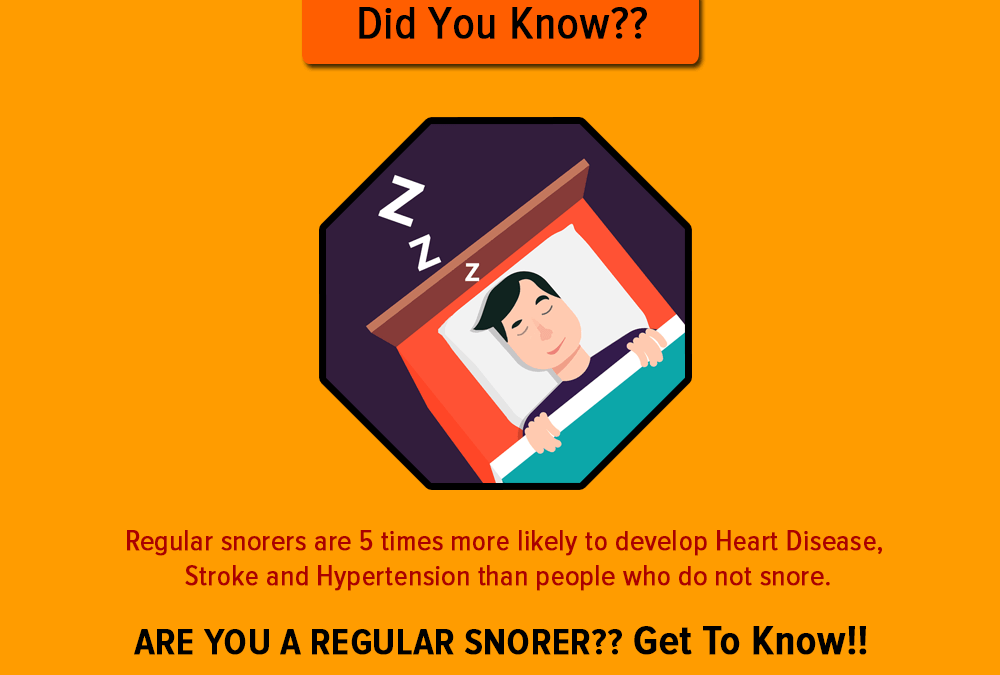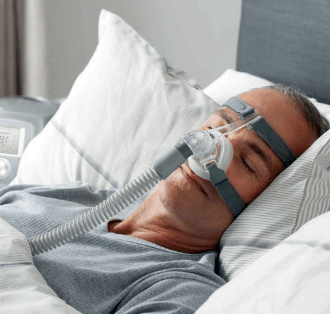Nowadays, most of us experience trouble sleeping at one time or another. Mostly because of snoring, it disturbs your sleep. Why do people snore and causes for snoring is a question that can be answered in multiple ways? People who have enlarged tonsils or enlarged tongue or excess flesh around the neck are more prone to snoring. Even the shape of one’s nose or jaw can also cause snoring. Snoring is a result of the narrowing of a person’s airway, which causes a throat vibration and the snoring sound.
What are the Causes of Snoring?
Age: When you begin to age, your body naturally begins to relax and lose muscle tone, it requires more effort to keep your body defined. This process also occurs in the throat and tongue muscles which causes the muscles to relax and fall back into your airways causing obstructions that lead to snoring.
Weight: Your weight plays an important role in whether or not you snore. If you are overweight you are more likely to have an excess of built-up fatty tissues in your throat as well as poor muscle tone leading to a restriction of your throat muscles, which causes snoring.
Alcohol consumption, smoking, and medications: Alcohol, smoking, and some medications increase muscle relaxation allowing the flesh of the throat to relax and interrupt airflow. Smoking also irritates the nasal passages and throat muscles causing inflammation of these areas and further interrupts in airflow.
Nasal and sinus problems: Seasonal allergies and sinus infections cause inflammation of the nasal passages making breathing difficult and snoring likely.
Sleep posture: Sleeping on your back puts you at a higher risk of snoring. The tissues at the back of the throat can more readily fall back and cause partial or complete blockage of the airways leading to snoring. To avoid snoring, try changing your sleeping position by sleeping on your side.
Why is Snoring Unhealthy?
Is snoring unhealthy? Does it need to be treated? Snoring is often a sign of a more significant problem sleep apnea. Sleep apnea is associated with significant health problems, Sleep apnea creates many problems, such as:
-
- Long interruptions of breathing for more than 10 seconds during sleep caused by the partial or total obstruction or blockage of the airway.
- Frequent waking up from sleep even though you may not be knowing it.
- Light sleeping people who have obstructive sleep apnea sleep lightly to try to keep their throat muscles tense enough to maintain the airflow.
- The strain on the heart Prolonged suffering from obstructive sleep apnea often results in higher blood pressure and may cause the enlargement of the heart, with higher risks of heart attack and stroke.
- Poor night’s sleep This causes drowsiness during the day and you will experience changes in your quality of life.
- Low oxygen levels in the blood This causes constricted blood vessels in the lungs and eventually pulmonary hypertension.
- Chronic headaches.
- Daytime sleepiness and fatigue.
- Obesity.
Sleep well! Stay healthy!




